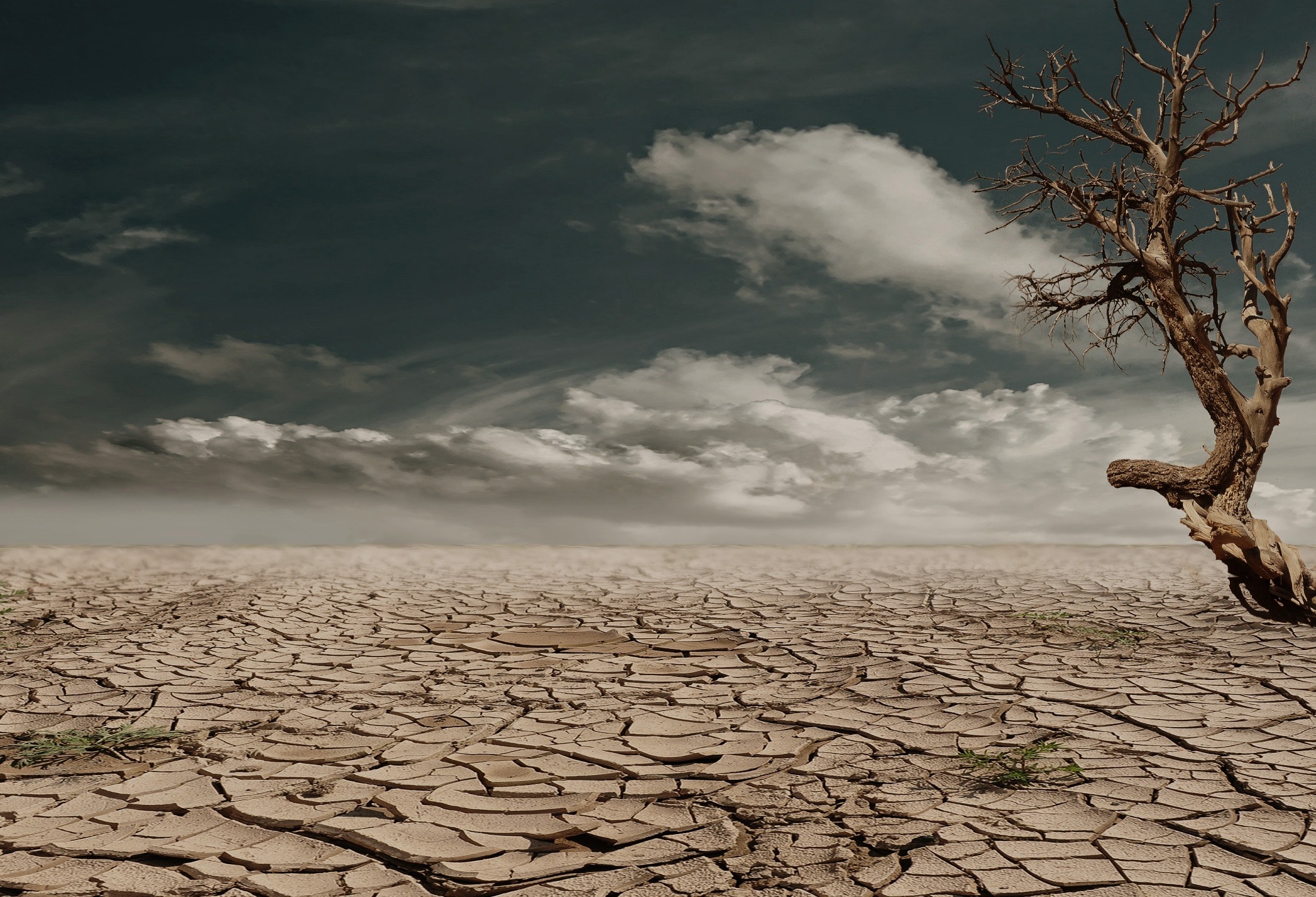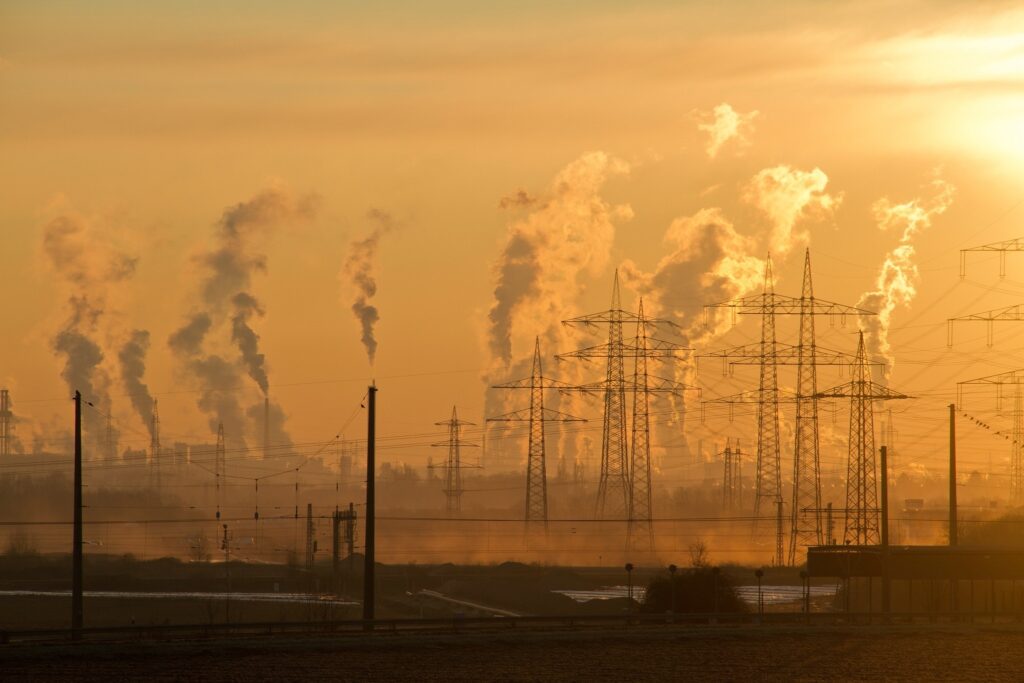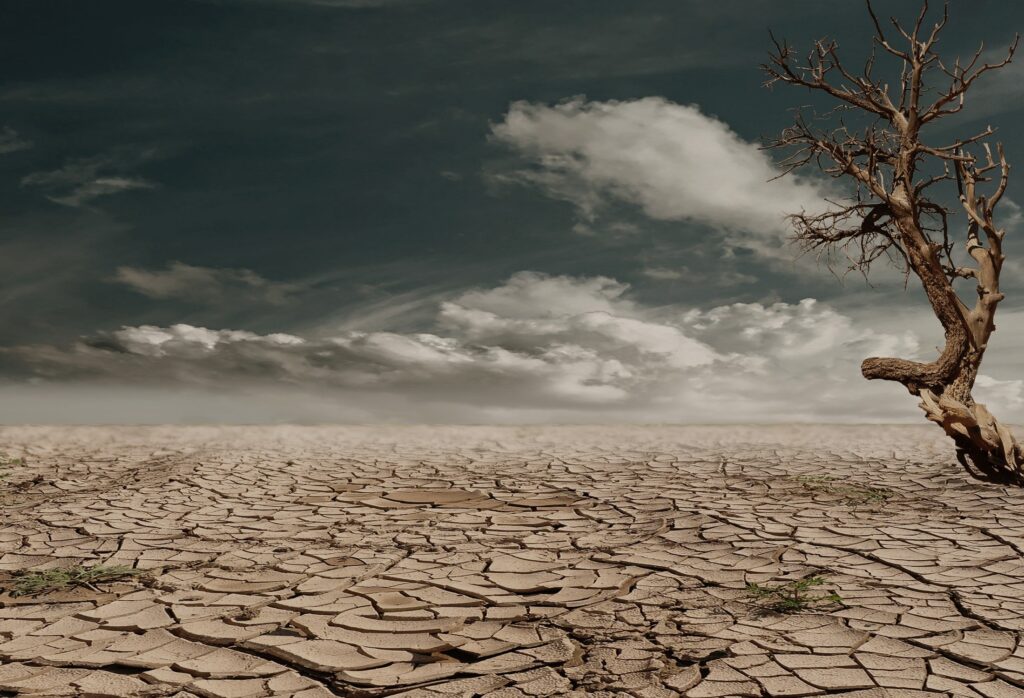Nigeria: Some solutions to Climate Change


Climate change has been evident in Nigeria in myriad ways and is experienced by every Nigerian. This is manifested through raging floods, deadly heat, loss of biodiversity, drought, desertification, land degradation, and rising sea level. And this is expected because all over the world, the third world, underdeveloped, and developing countries have experienced the impacts of climate change more than anywhere else.

Effects of climate change on the Nigerian Environment and the Nigerian populace:
Rural areas suffer the most from flooding and heavy rainfalls. This is expected because most of the houses there do not have a strong foundation. Land transportation in those rural communities also becomes difficult because the water floods the road channels.
Drought and irregular rainfall affect power generation in Nigeria. The Kainji is the main hydroelectric dam that generates power for Nigeria, and drought or irregular rainfall reduces the water level there.
This results in low power generation and distribution all over the country. Large-scale industries become affected because they depend on the power supply to run their activities.
Malaria crises become higher during climate change, and this is because mosquitoes breed better in stagnates waters, which aids their spreading. This leads to a heavy burdening on national health.
Also, due to will fire and dust storms, respiratory health complications become higher during climate change.
The natural distribution of crops becomes affected due to climatic variations (excess rainfall or drought). And this may lead to food shortages.

Domesticated animals like castles, goats, and sheep become highly affected because climatic changes like a flood, drought, and general affect the food they eat. These may lead to a drop in their commercial worth and value.
The climate change policies in Nigeria:
Issues of deforestation and other human activities that complicate the problems of climate change in Nigeria are tackled by this policy.
This policy was put in place to encourage the planting of trees as protection against the sun’s heat.
Final thoughts and suggestions:
Because climate change has enormous impacts on the economy of Nigeria, the following are ways I think climate change can be better handled in Nigeria:
